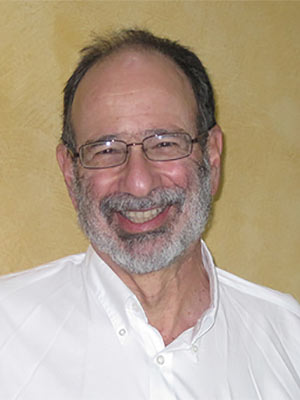In July, just before travelling, I closed the comments on this blog, not because I don't appreciate
smart topical comments, but because every morning I had to delete
spammy comments on old posts by people purporting to buy kidneys.
Here are those from the last day I allowed comments
|
|
We
are urgently in need of kidney donors in wockhardt hospital India for the sum
of $500,000,00,( 3 CRORE INDIA RUPEES) All donors are to reply via Email:
wockhardthospital7@gmail.com on The Econometrics of
Matching Models by Pierre-André Chiappori and Bernard Salanié in the JEL
|
on 7/12/18
|
|
|
|
We
are urgently in need of kidney donors in wockhardt hospital India for the sum
of $500,000,00,( 3 CRORE INDIA RUPEES) All donors are to reply via Email:
wockhardthospital7@gmail.com on Organ donation rates in
Canada
|
on 7/12/18
|
|
|
|
We
are urgently in need of kidney donors in wockhardt hospital India for the sum
of $500,000,00,( 3 CRORE INDIA RUPEES) All donors are to reply via Email:
wockhardthospital7@gmail.com on Raj Chetty at the LSE:
How Can We Improve Economic Opportunities for Low-Income Children?
|
on 7/12/18
|
|
|
|
We
are urgently in need of kidney donors in wockhardt hospital India for the sum
of $500,000,00,( 3 CRORE INDIA RUPEES) All donors are to reply via Email:
wockhardthospital7@gmail.com on More on kidney black
markets in India
|
on 7/12/18
|
|
|
|
We
are urgently in need of kidney donors in global hospitals group India for the
sum of $500,000,00,( 3 CRORE INDIA RUPEES) All donors are to reply via Email:
onlinecareunit@gmail.com on 77 Kidney Exchange
transplants in 2015 at one transplant center in India
|
on 7/12/18
|
|
|
|
We
are urgently in need of kidney donors in global hospitals group India for the
sum of $500,000,00,( 3 CRORE INDIA RUPEES) All donors are to reply via Email:
onlinecareunit@gmail.com on Ten kidney exchange
transplants on World Kidney Day in Ahmedabad, India
|
on 7/12/18
|












